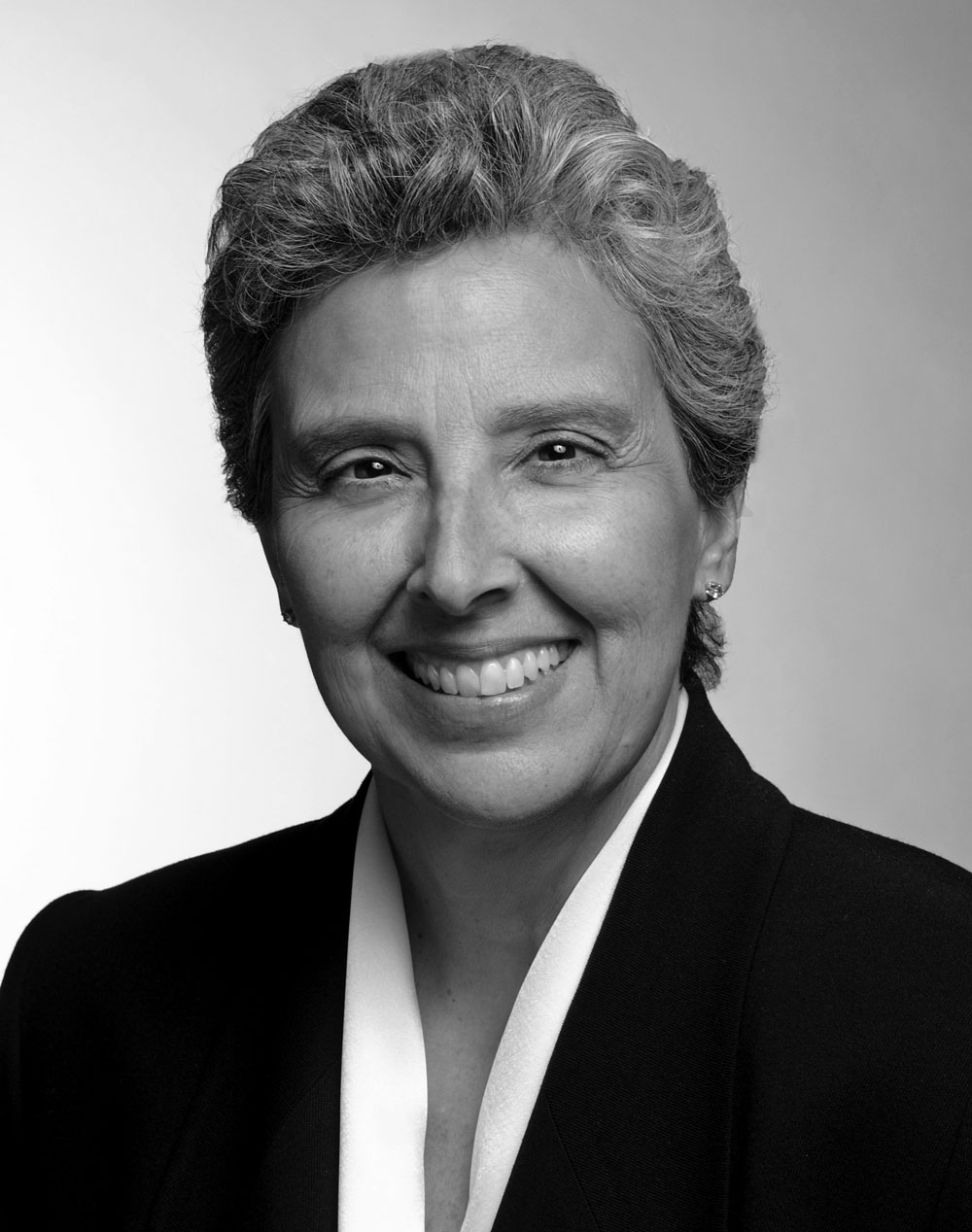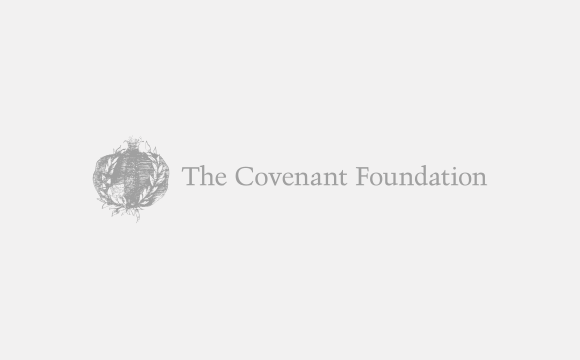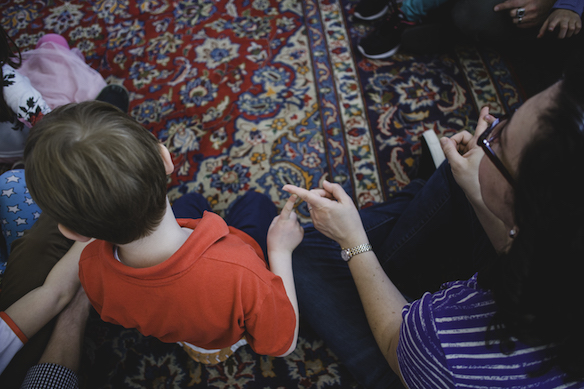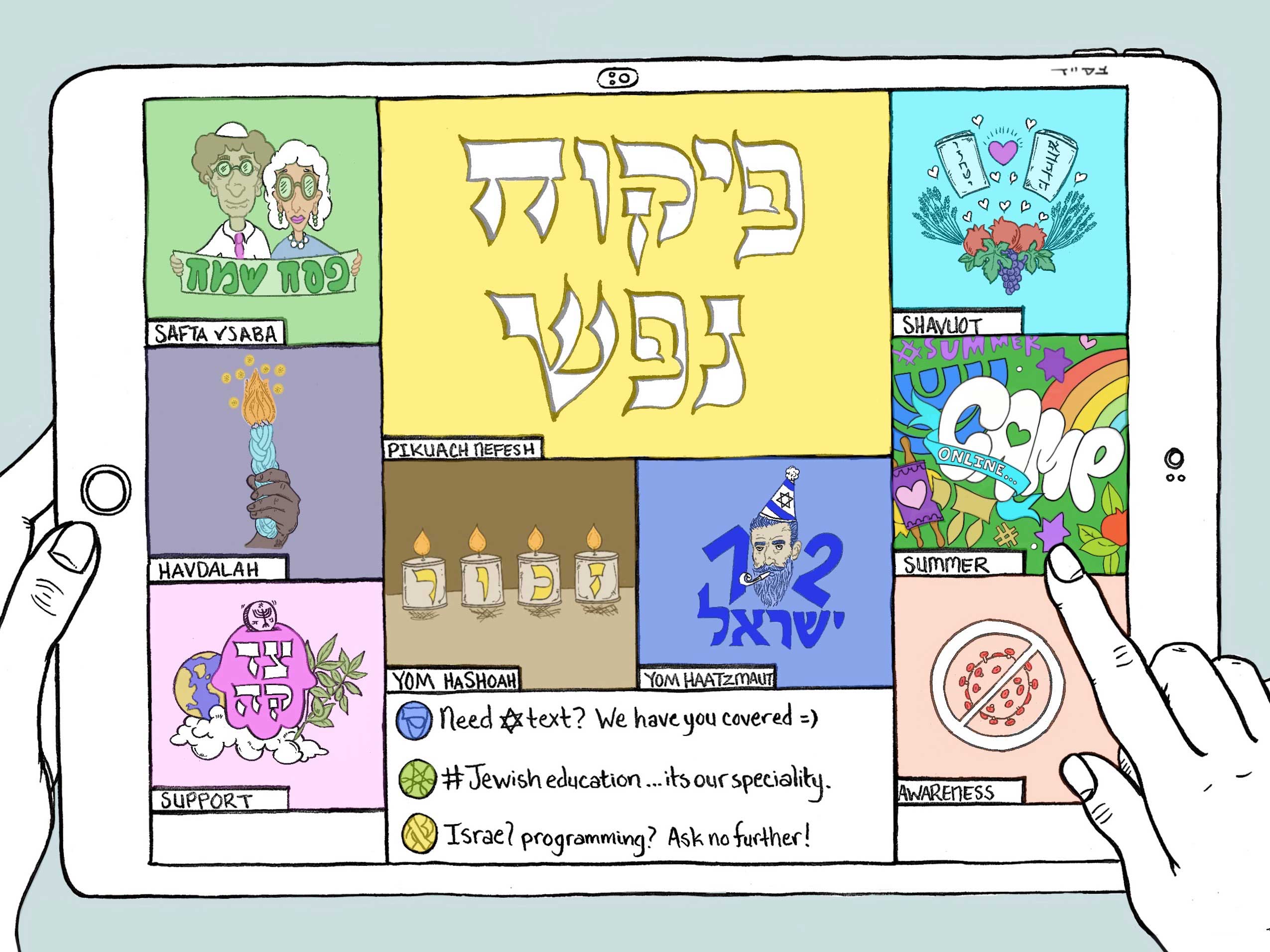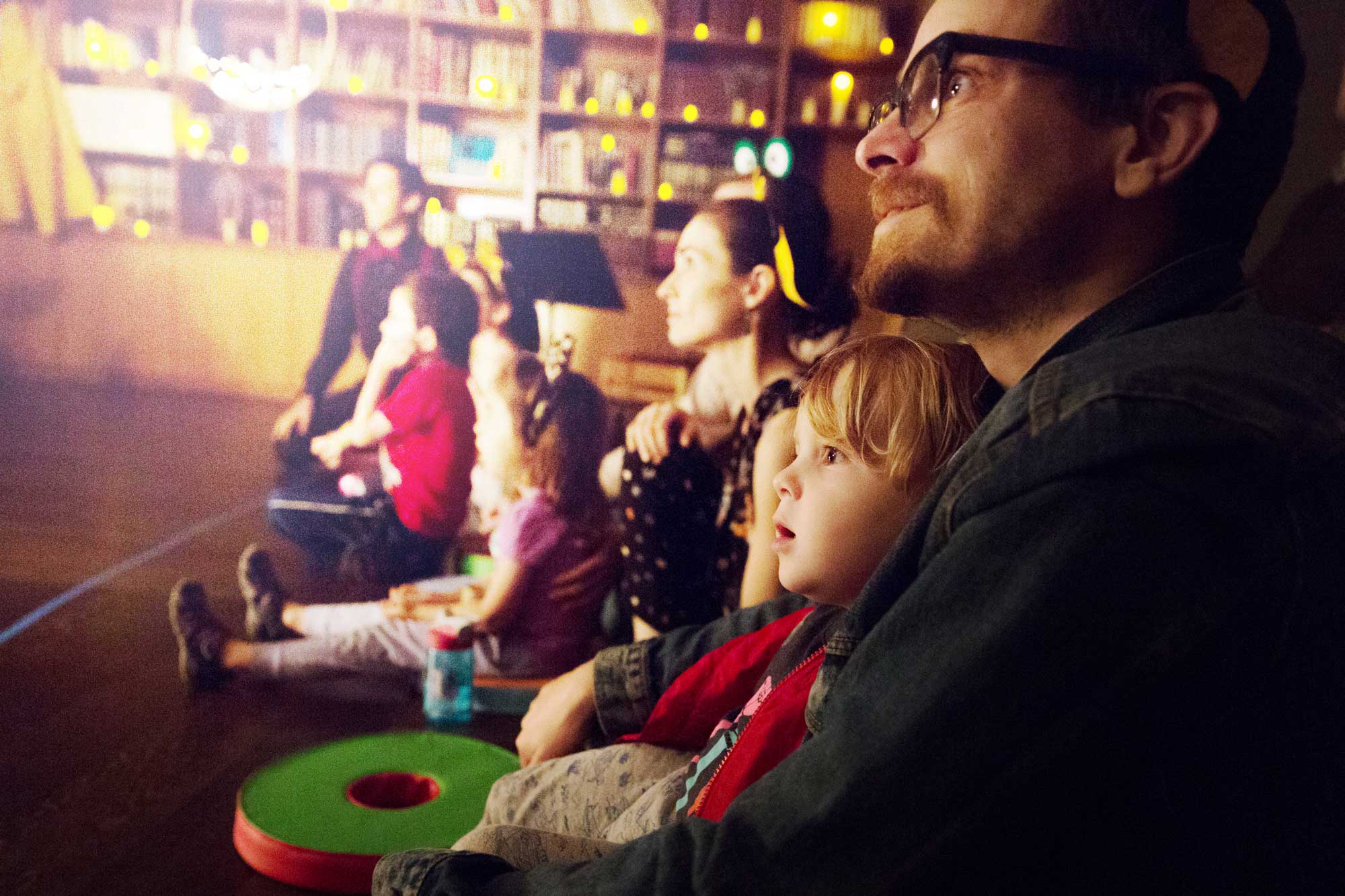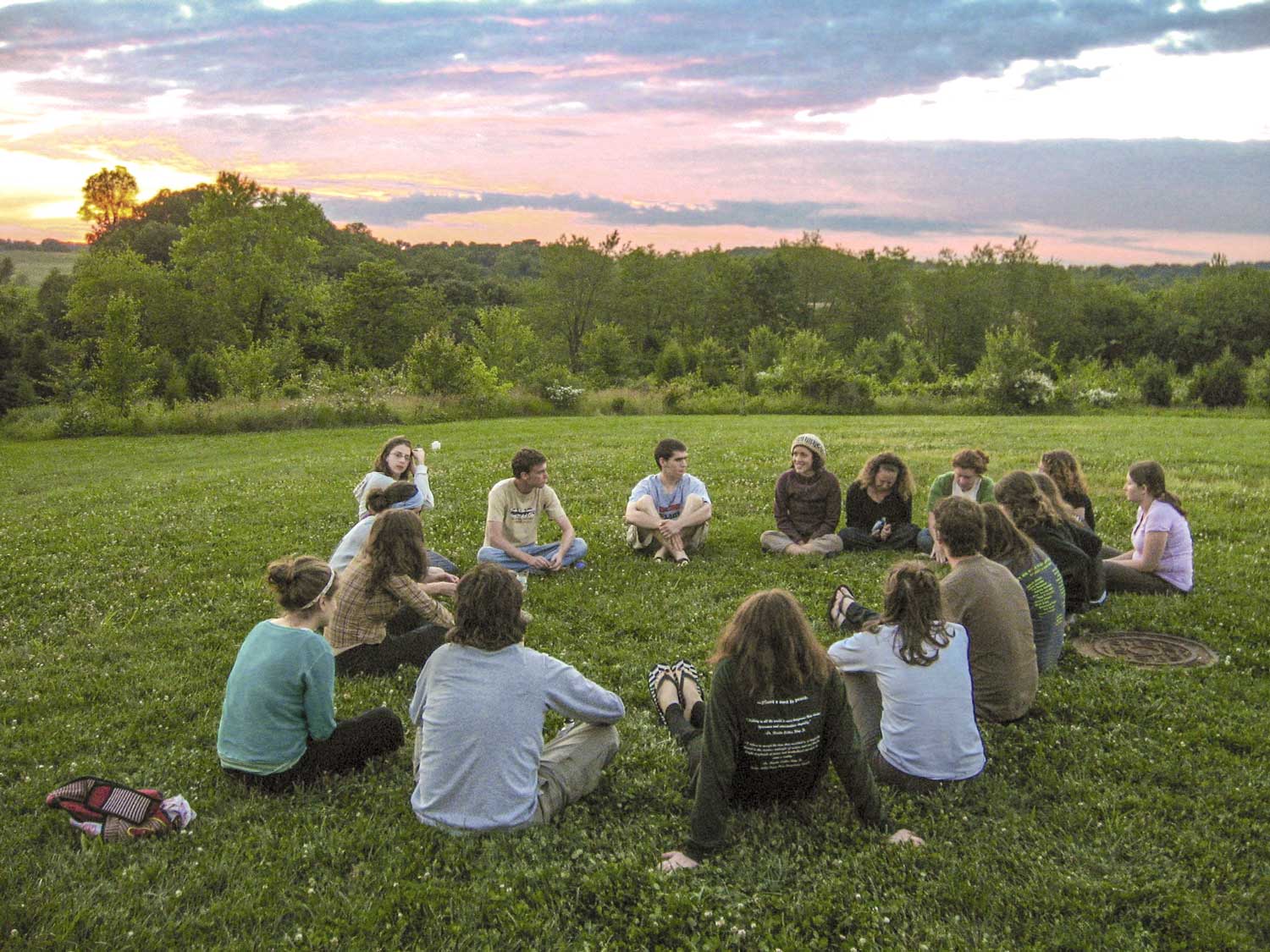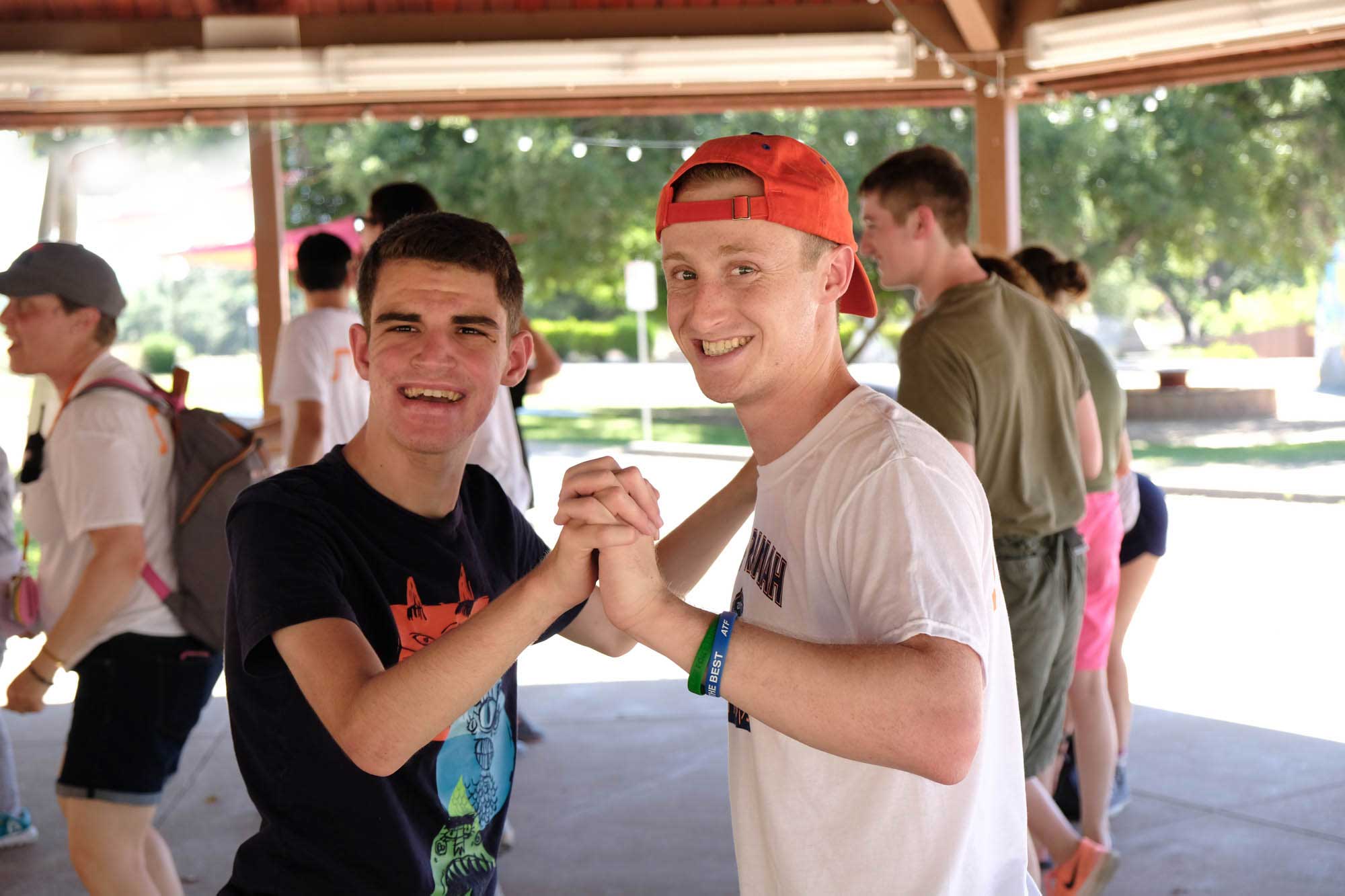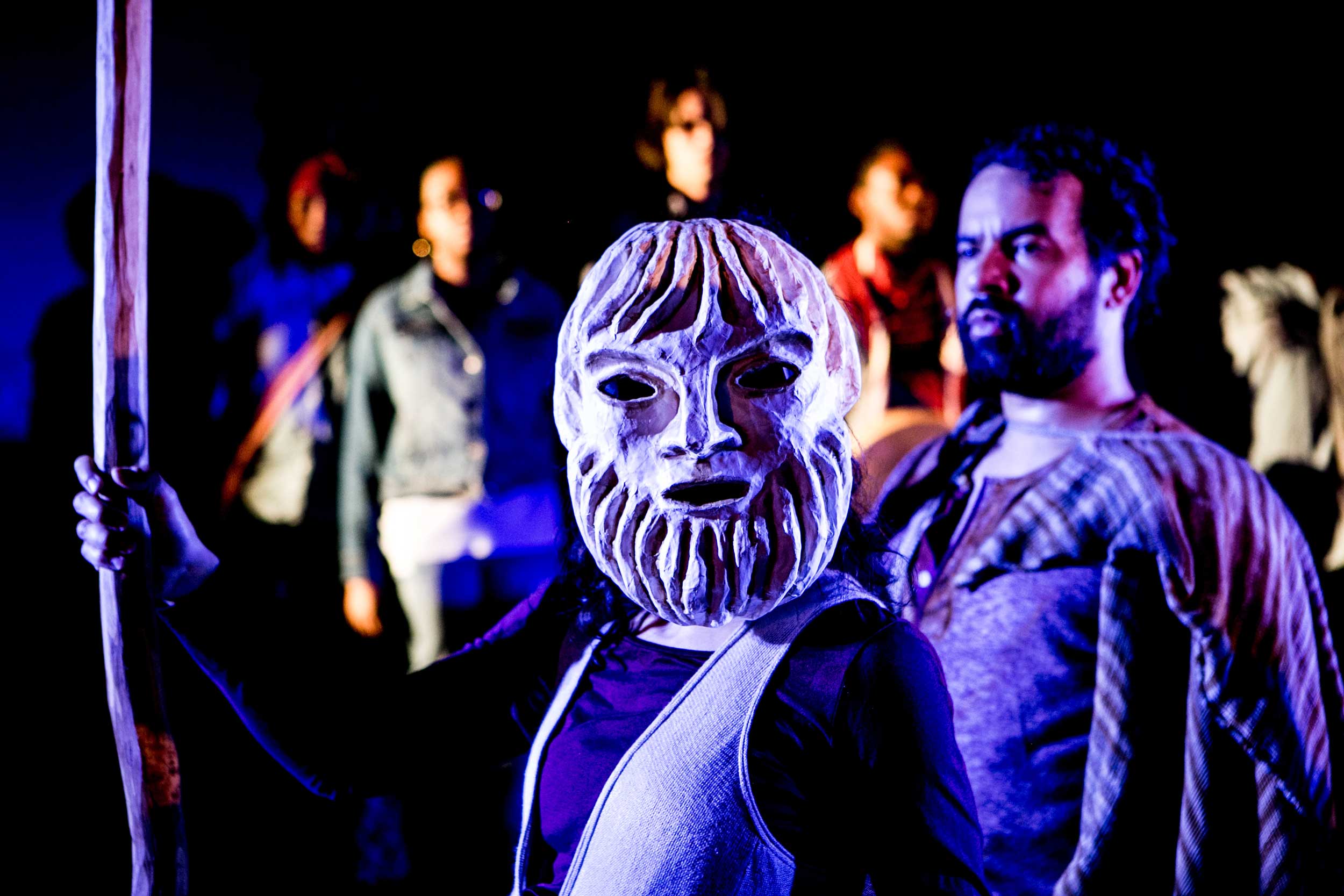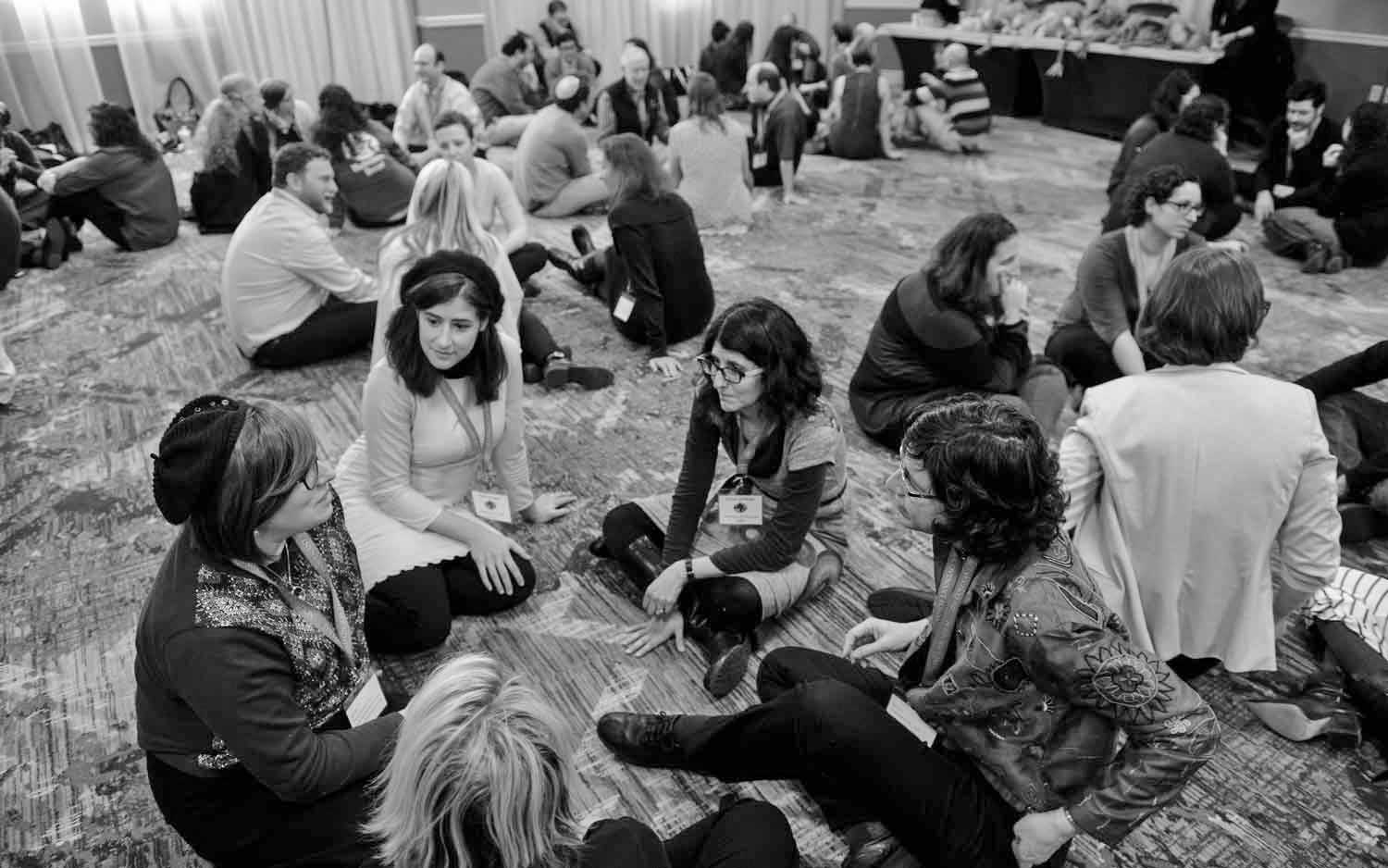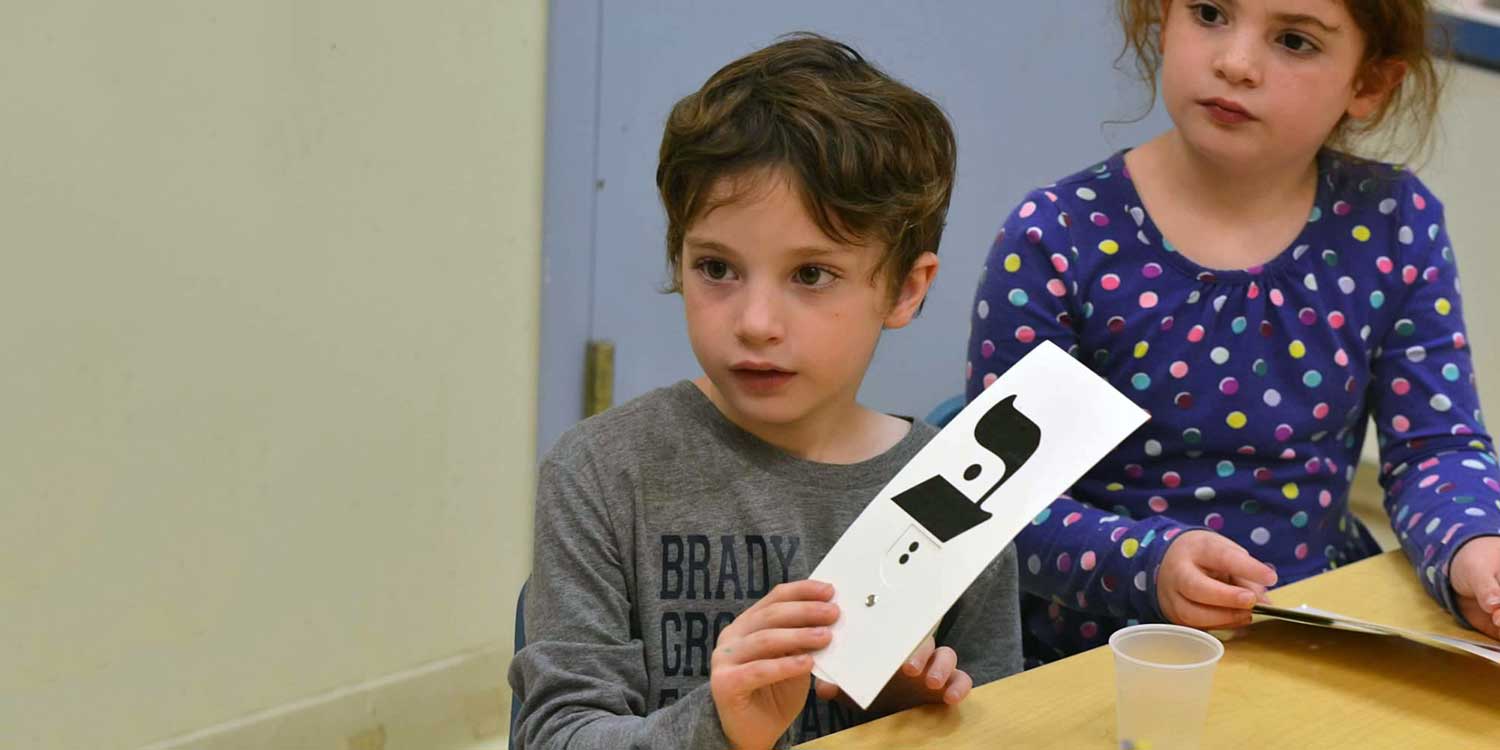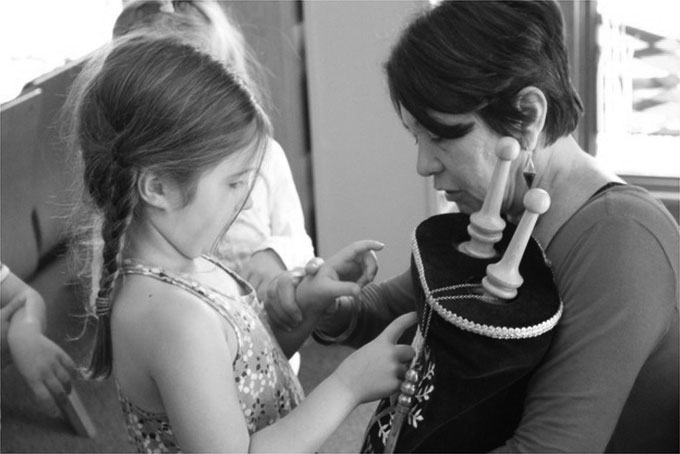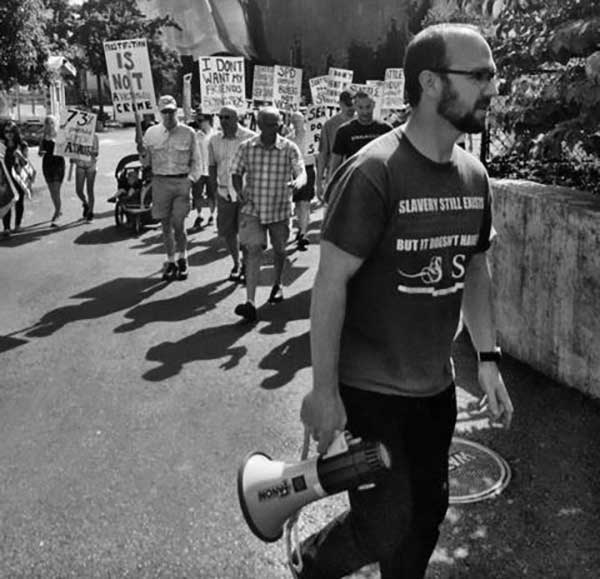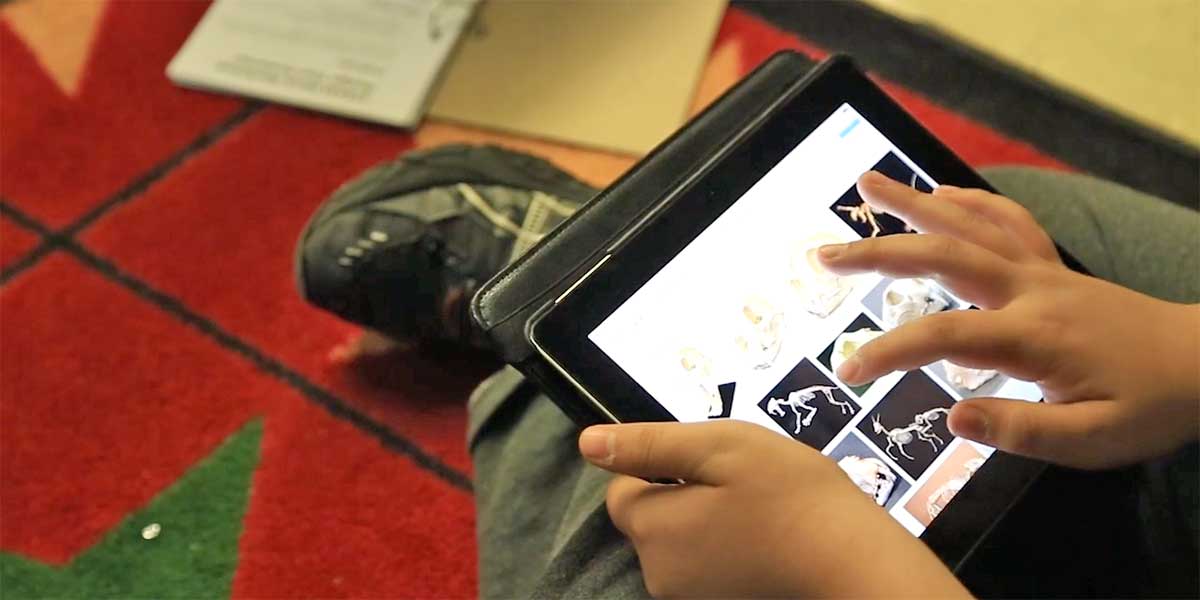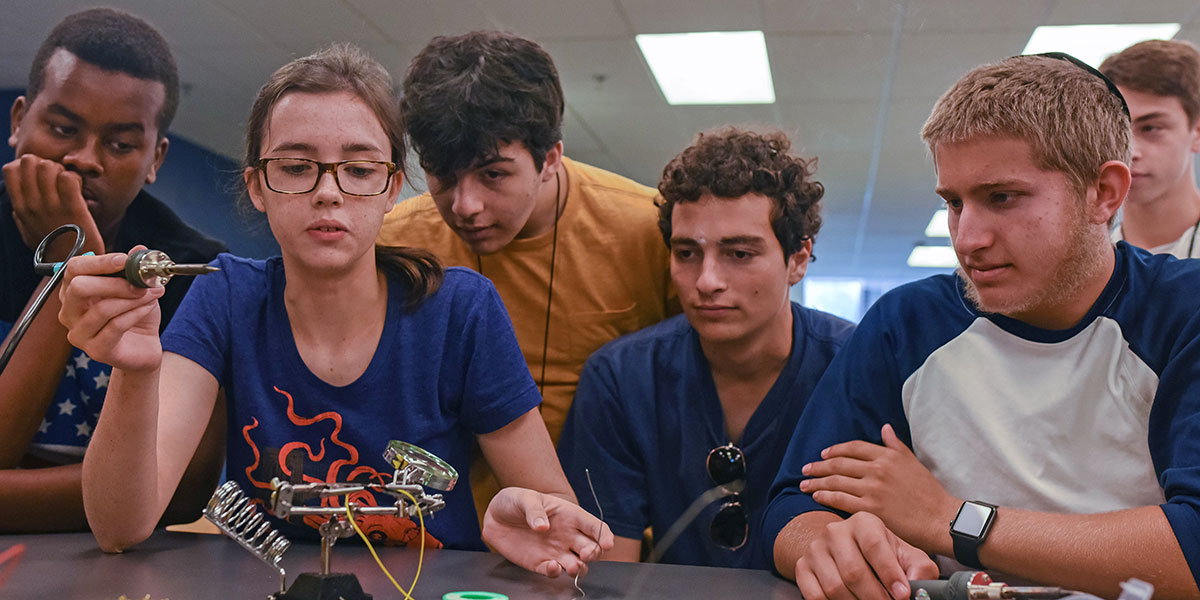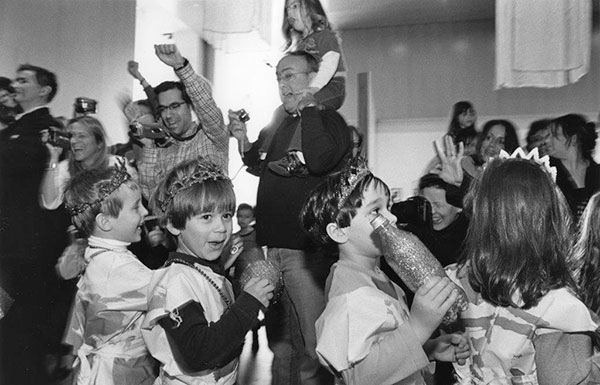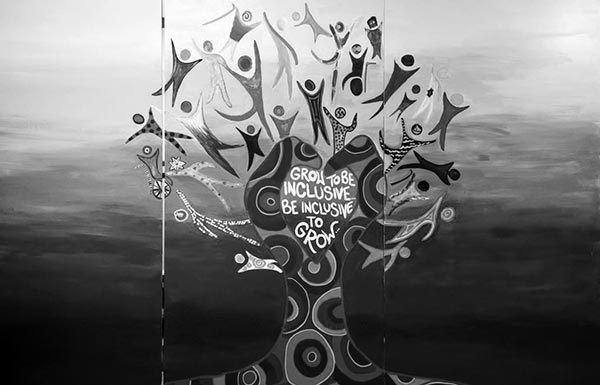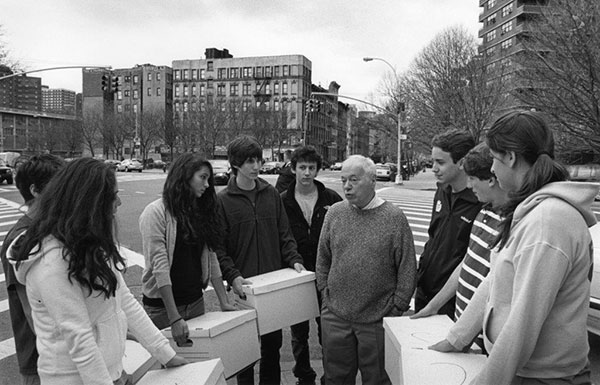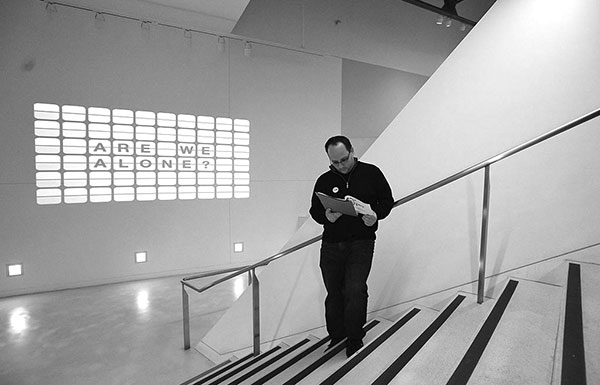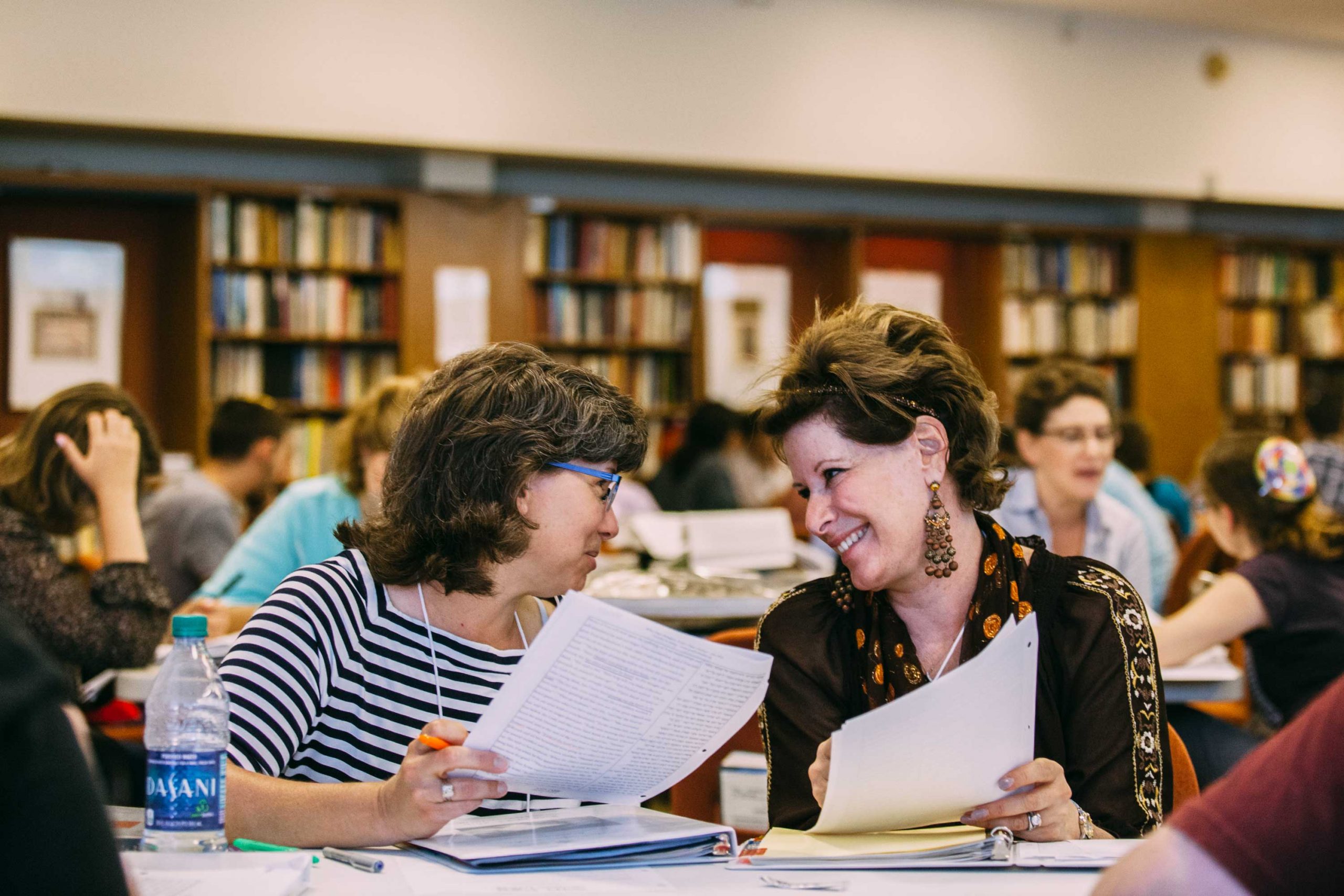
ARTICLEChavruta in the Time of COVID-19
The batei midrash (houses of learning) that closed their doors to slow the spread of COVID-19 have been closed for almost a year now. Jewish educators’ urgent switches to online programming have given way to longer-term adaptation. What can their experiences tell us about community, connection, and the essentiality of chavruta learning (or learning in pairs or small groups) itself?
“The chavruta methodology is fundamentally empowering,” said Rabba Yaffa Epstein, Director of the Wexner Heritage Program. “You can—you should—read the text for yourself and form your own understanding. Every text is multivocal. When you read it in partnership, with multiple voices, you are discovering the richness of the text, and it comes alive as a result.”
Chavruta methodology is used across the Wexner Foundation’s leadership initiatives—not only to empower pairs to learn Jewish texts, but also as the basis of brainstorming and cohort-building activities.
“We don’t have many spaces in our world where we’re supposed to disagree,” Rabba Epstein added. “But chavruta is about celebrating difference; it’s about saying, ‘I am different from you; I read this text differently than you. In this very holy, very precious space, I am supposed to have my own opinion.’ The Torah we create together in that moment is brand new, rich, and complex.”
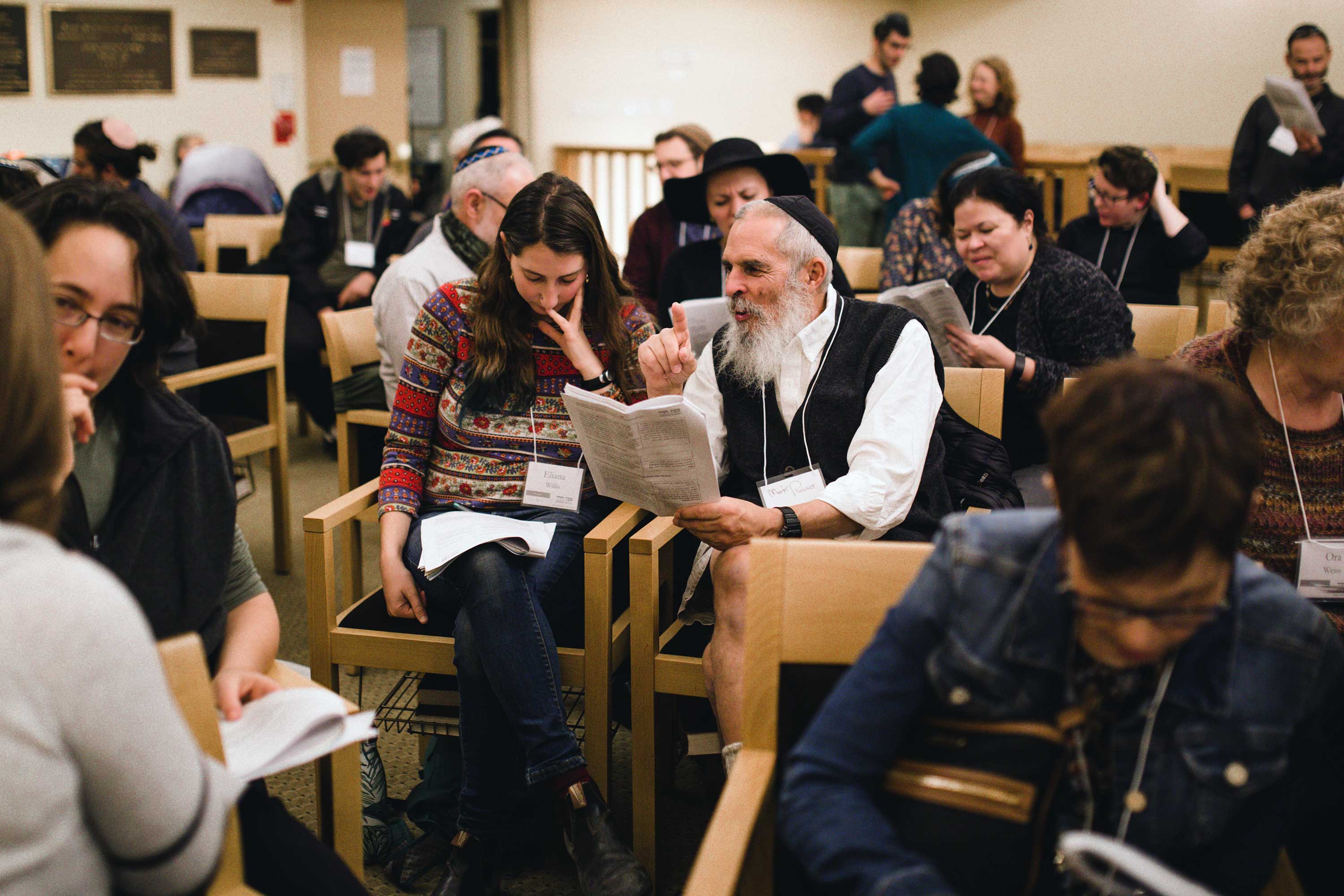
Once the pandemic began in earnest last winter, SVARA—a traditionally radical yeshiva dedicated to the serious study of Talmud through the lens of queer experiences--launched new online offerings, including a 30-minute learning program that meets six mornings a week.
“It was obvious to us that [during this time] people needed even more of a sense of connection, of being seen and cared for,” said Rabbi Benay Lappe, SVARA’s Founder and Rosh Yeshiva and a 2016 Covenant Award recipient. “We have always said, this is a community, not a class.”
The day we spoke, Rabbi Lappe noted that there had been 233 back-and-forth comments in the Zoom chat among 50-some learners—far more than could have happened in an in-person space.
And in fact, SVARA has seen rapid growth in its community since the start of the pandemic; enrollment went from 3,000 students in 2019 to 7,000 in 2020.
“Our goal is to create independent learners,” said Rabbi Lappe. “In a Jewish context, that means people being able to learn in chavruta, without a teacher, as a regular part of their lives. [The experience of the pandemic] has inadvertently shifted us toward what we’re after even faster—more people learning one-on-one as a spiritual practice.”
“The texts we study existed before coronavirus,” said Laynie Soloman, Associate Rosh Yeshiva and Director of Transformative Leadership at SVARA and a 2020 Pomegranate Prize recipient. “But they were born out of the same experiences of pandemic, pain, and isolation that we are witnessing now. The spiritual technology of chavruta was most robustly developed by rabbis in exile. And the language of exile is really resonant in this moment."
Hadar Institute—an educational institution that empowers Jews to create and sustain vibrant, practicing, egalitarian communities of Torah learning, prayer, and service—has seen an “explosion in demand for Jewish learning” according to Rabbi Elie Kaunfer, its President and CEO. For example, in 2019, more than 1,000 people were learning with Project Zug (Hadar’s program dedicated to chavruta learning). In 2020, during the pandemic, the number more than doubled.
“People want something to get them out of their isolation,” explained Rabbi Kaunfer. “Chavruta meets that need during the pandemic. But the staying power of chavruta is strong. Once people taste the power, they’re not going to want it to go away.”
With Hadar’s classes and programs taking place online, students from around the world can participate in real time. Since July, Rabbi Kaunfer has been teaching an early-morning class that runs for 15 minutes, five days a week. A class of this duration and timing would be impossible in-person. Online, 230 people enrolled, and 60-70 attend on any given day.
“When people are willing to get online, the sky is the limit,” Rabbi Kaunfer said.
Yeshivat Maharat—the first institution to ordain Orthodox women as clergy—has long used a hybrid model that serves students from around the world. But when faced with the prospect of online-only learning, Co-Founder and President Rabba Sara Hurwitz and Maharat faculty led efforts to re-envision the experience.
“We were concerned about what is lost when you can’t be in-person, including the things that happen outside of a classroom to build community,” Rabba Hurwitz said. Maharat scheduled optional time for students to hang out online; it expanded breaks between classes to mitigate Zoom fatigue; and it instituted new ways for students and faculty members to get to know one another and learn together.
“In-person, you have faculty members checking in with you [during chavruta]. Now someone pops into your Zoom room—giving you the sense of the teacher walking around the beit midrash,” said Rabba Hurwitz.
Maharat is also striving to perpetuate its traditions. At graduation, each student walks under a banner when they are ordained. This year, graduates received banners in the mail to carry forward the ritual on Zoom.
When it is able to return to a hybrid model, Maharat will continue to build on the strategies it has developed. “We are a global yeshiva,” said Rabba Hurwitz. “We have to make the online experience the best it can be.”
Rabbanit Aliza Sperling—Founder and Director of HerTorah, a SVIVAH program dedicated to diverse women’s voices and perspectives in Jewish scholarship that received a 2020 Covenant Foundation Ignition Grant—welcomes even unexpected opportunities to foster community online. If a student’s child momentarily comes into view, for example, “it is good for the rest of us on Zoom to see the student in her home, with her family—we get another perspective on who she is,” Rabbanit Sperling said.
“Community is part of learning,” Rabbanit Sperling explained. “Learning is not just the text and the teacher—it’s you in conversation with someone else. Even though we are on Zoom, we are co-creators.”
There are still barriers to access: One needs a computer and internet access to participate. However, for many people, online platforms present “a level playing field,” Rabbanit Sperling said.
In February of 2021, HerTorah will launch a program series inviting community-wide reflection and conversation about the trauma and challenges of the COVID-19 crisis, the opportunities it is creating, and the lessons learned. Among the topics for discussion will be how to achieve greater inclusion in the future.
“It is very, very difficult not to be together in-person,” Rabbanit Sperling said. “But, of course, there were already people who couldn’t go everywhere—who couldn’t leave their homes, or who felt a barrier to entering a Jewish space,” Rabbanit Sperling said. “For many, this has been a precious step forward. [After COVID], we can’t leave any of our community members behind.”
By Miriam Haier, for The Covenant Foundation
More to Consider
- “Fellowship to Elevate Jewish Women Scholars Begins this Week” (eJewish Philanthropy, January 2021)
- “Long-distance Jewish Learning Is Giving Me the Conversations I Crave” (Times of Israel, January 2021)
- “In Chicago, an LGBTQ Talmud study center gets a pandemic boost” (Forward, November 2020)
- “Women’s Talmud Study Picks Up During the Pandemic” (Tablet Magazine, January 2021)
